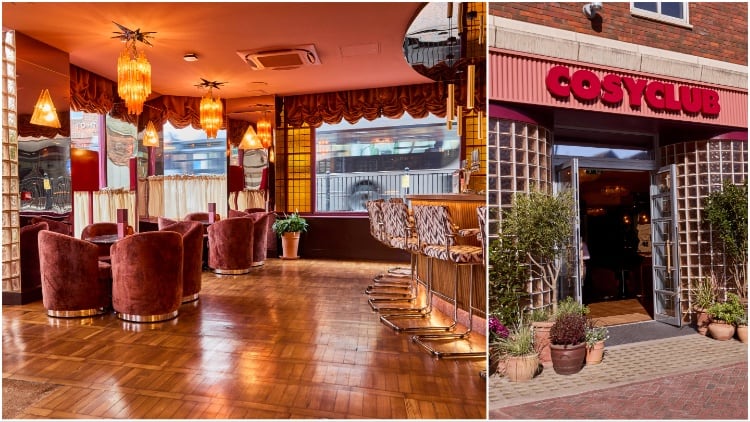Pubs could be putting themselves at risk of civil action if they share incorrect information online about a customer, such as accusing them of failing to pay for their meal such as “dine and dash”
Annika Dunlop, associate at defamation lawyers Carter Ruck, has warned that licensees need to be careful.
Personal details
She said: “Businesses need to exercise extreme caution when it comes to sharing personal details or images of their customers on social media without consent, and even more so where the intention of a post is to publicly accuse someone of wrongdoing, such as theft or evading payment for goods or services.”
She added the nature of social media means that information has the ability to reach a wider audience and at a much greater speed.
“So, if the accusation is found to be factually incorrect, this not only causes significant reputational harm to the individual who is wrongly accused, it also exposes the business to defamation and privacy legal actions with potentially far greater damages,” she continued.
Verified
Dunlop advised licensees to ensure all information has been properly verified before accusing someone of wrongdoing, and strongly recommended anyone to seek legal advice before posting any content online aimed at ‘naming and shaming’ an individual.
In a previous story on The Morning Advertiser (The MA) licensees were also warned to seek consent of people when using their images online.
What is defamation and libel?
Defamation is the act of damaging someone’s reputation by making false statements about them. This can be either by libel (written) or slander (spoken).
For a statement to be considered defamatory, it must be untrue, communicated to a third party, and cause harm to the person’s reputation.
Libel relates to a defamatory publication which includes written material, such as newspaper articles and material published online. It can also include publications such as tweets or Facebook posts.
It is a civil action, not a criminal offence, meaning the person defamed can sue for damages. England and Wales are covered by the Defamation Act 2013 while Northern Ireland is covered by the Defamation Act (Northern Ireland) 2022. The courts in England and Wales require plaintiffs to prove ‘serious harm’ but no such obligation exists in Northern Ireland.




